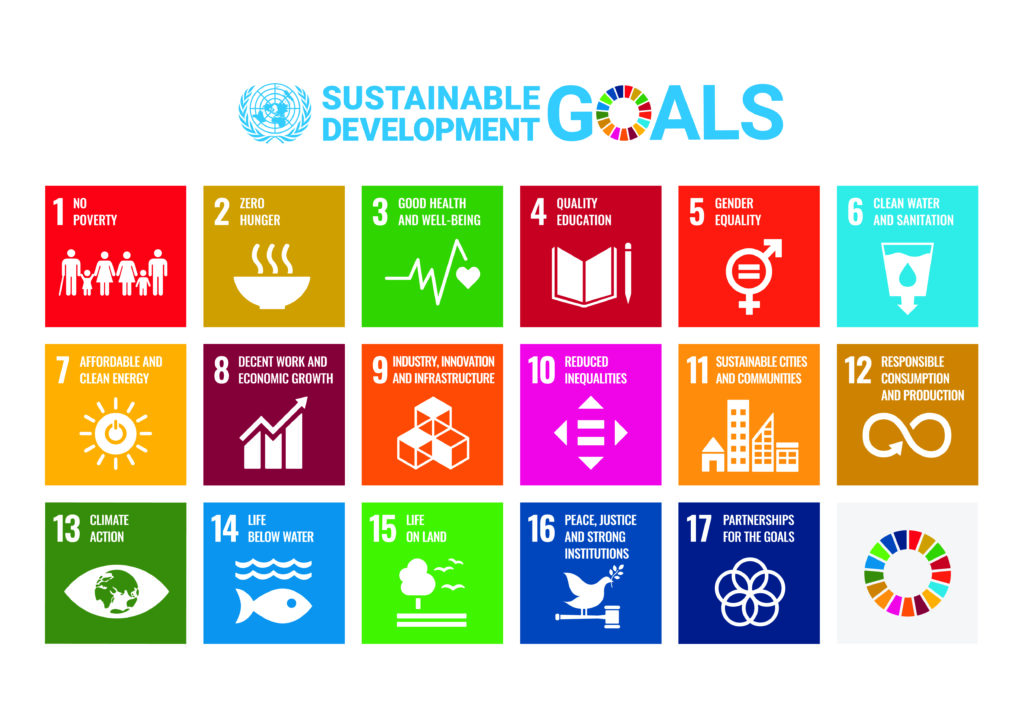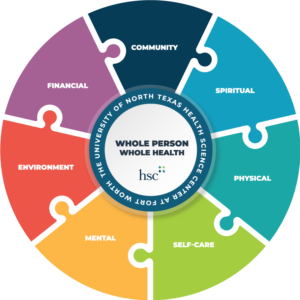The United Nations Sustainable Development Goals present a global agenda dedicated to addressing urgent public health challenges and promoting sustainable development by 2030. Consisting of 17 interconnected goals, the SDGs are instrumental for improving health outcomes and reducing health disparities. They serve as a universal call to action, urging collaborative efforts across sectors to achieve a more equitable, resilient and sustainable world.
Healthy People 2030 from the Office of Disease Prevention and Health Promotion, U.S. Department of Health and Human Services identifies public health priorities to help individuals, organizations and communities across the United States improve health and well-being. Healthy People provides measurable public health objectives and tools to help track progress toward achieving them.
Healthy People 2030 envisions a society in which all people can achieve their full potential for health and well-being across the lifespan. The initiative’s mission is to promote, strengthen and evaluate the nation’s efforts to improve the health and well-being of all people. The overarching goals are to attain healthy, thriving lives and well-being free of preventable disease, disability, injury and premature death; eliminate health disparities, achieve health equity and attain health literacy to improve the health and well-being of all; create social, physical and economic environments that promote attaining the full potential for health and well-being for all; promote healthy development, healthy behaviors and well-being across all life stages; and engage leadership, key constituents and the public across multiple sectors to take action and design policies that improve the health and well-being of all.
Whole Health
Whole Health is empowering people to discover, receive and participate in care for their body, mind, spirit and environment within and through their communities. HSC recognizes and works with communities toward these seven components of Whole Health.
Community
Working with the community, workplace and campus to support initiatives that improve health and wellness for all.
Self-Care
Empowering people to identify their own needs.
Spiritual Health
Being mindful of each person’s spiritual needs.
Physical Health
Embracing nutrition, fitness, activity and sleep as components of the whole person.
Financial Health
Helping people navigate the complex financial landscape through referrals and advocacy.
Mental Health
Connecting people with the programs and resources they need to maintain a state of well-being.
Environmental Health
Providing information and screenings designed to create healthier surroundings at work and at home.





Social media